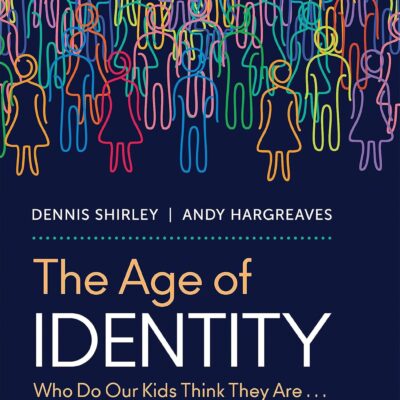The development of character is a lifelong process that involves the cultivation of positive habits of mind. In the realm of critical thinking, having a strong disposition toward thoughtful and reflective judgments is crucial. This article[1]Article with the title “Cultivating A Positive Critical Thinking Mindset,” by Peter A Facione, © 2016 Measured Reasons LLC, and based in part on material from chapter 2 of Think Critically, … Continue reading explores the importance of mindset, values, and intentions in character formation, as well as the positive and negative habits of mind associated with critical thinking.
Education has long focused on instilling virtues and eradicating vices to shape individuals’ character. From ancient civilisations like the Athenians and Spartans to modern-day professional fields, the cultivation of a specific mindset is considered vital. Professionals in various domains, such as religious ministers, scientists, and business professionals, undergo comprehensive education that emphasises shared values, beliefs, and behaviours.
The cultivation of character attributes is influenced by both personal willpower and external factors such as guidance from teachers and mentors. Consistently aligning our behaviour with the desired attributes helps in internalising them, while deviating from these attributes weakens the habit we seek to develop.
A strong disposition toward critical thinking is characterised by consistently valuing critical thinking, believing in its efficacy for making informed judgments, and intending to apply critical thinking skills in problem-solving and decision-making. Daily living examples of individuals strongly disposed toward critical thinking include valuing meaningful discussions, seeking to understand others’ perspectives, and persistently working on challenging problems.
Research in the cognitive sciences has identified seven measurable aspects of a positive critical thinking mindset: truth-seeking, open-mindedness, analytical thinking, systematic approach, confidence in reasoning, inquisitiveness, and judiciousness. These habits of mind contribute to effective problem-solving, learning, and inquiry. On the other hand, negative habits, such as indifference and intellectual dishonesty, hinder thoughtful judgments.
Engaging in self-reflection allows individuals to assess their disposition toward critical thinking. The “Critical Thinking Mindset Self-Rating Form” provides an opportunity to evaluate personal values, beliefs, and intentions related to applying critical thinking in daily life. This tool offers a snapshot of one’s disposition at a given moment.
While critical thinking is a powerful tool, it is insufficient on its own. It needs to be complemented by knowledge, values, and sensitivities to guide our thinking effectively. The film “Philadelphia” exemplifies this concept, depicting a lawyer with strong critical thinking skills, but misguided beliefs about AIDS. Only after becoming better informed and embracing open-mindedness does he reassess his judgment.
Being a strong critical thinker does not automatically equate to ethical behaviour. The ethical dimension of decision-making requires an individual to consider the consequences and act in alignment with moral principles. Critical thinking skills provide the foundation for gathering accurate information and reevaluating judgments, but ethical behaviour extends beyond logical reasoning.
The development of character entails cultivating positive critical thinking habits of mind. By valuing critical thinking, embracing open-mindedness, and adopting other positive attributes, individuals can enhance their problem-solving abilities and make informed decisions. While critical thinking is indispensable, it must be accompanied by knowledge, values, and ethical considerations to foster well-rounded character development.
#CriticalThinking #CharacterDevelopment #MindsetMatters #PositiveHabits #InquisitiveMinds #ReflectiveThinking #OpenMindedness #AnalyticalApproach #SeekingTruth #EthicalBehavior
References
| ↑1 | Article with the title “Cultivating A Positive Critical Thinking Mindset,” by Peter A Facione, © 2016 Measured Reasons LLC, and based in part on material from chapter 2 of Think Critically, Facione and Gittens, 2016, Pearson Education. |
|---|




